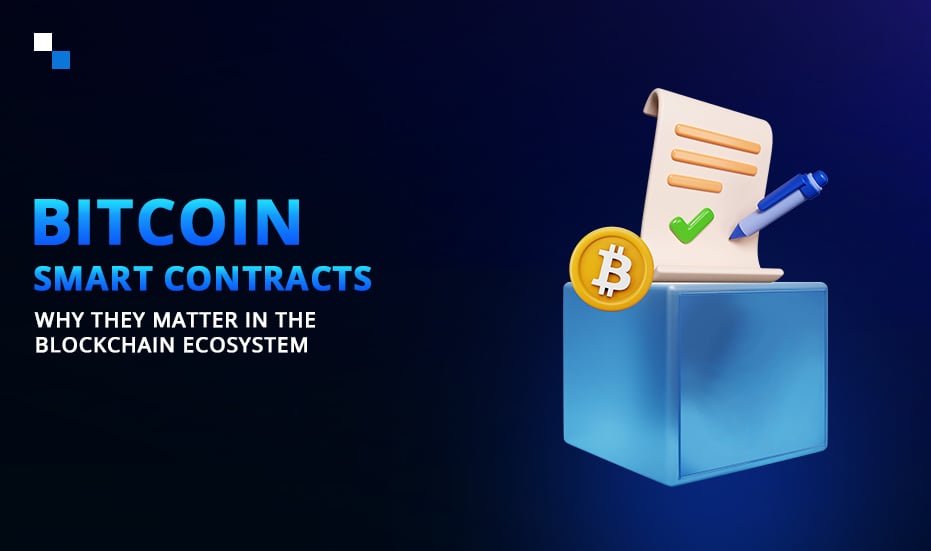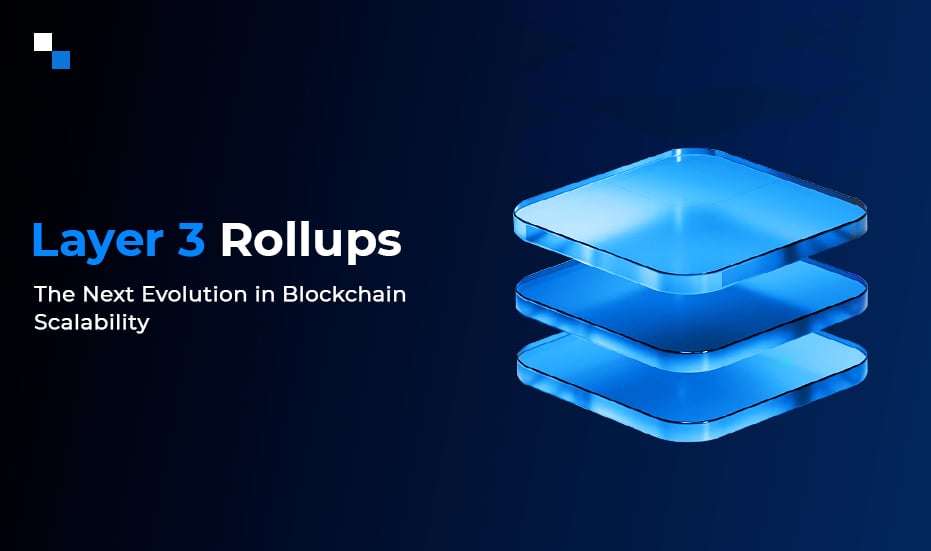
Security Tokens- The Top Players in Token Development Market
June 5, 2023
Maximizing Profits with White Label Cryptocurrency Exchange: Tips and Tricks
June 5, 2023Nowadays, Blockchain disruption is noticeable in several industry verticals, and one area where it holds tremendous potential is vaccine manufacturing, one of the major challenging industries. Executing the basic steps of vaccine manufacturing that are safe, effective, and consistent over the life cycle of a vaccine is difficult.
Blockchain technology offers a decentralized and immutable ledger that can transform the whole vaccine manufacturing process, ranging from supply chain management to vaccine certification. Researchers around the world believe that Blockchain is a practical solution to the challenges of vaccine manufacturing, distribution, and administration. In this blog, we will walk through the transformative power of Blockchain use cases in healthcare, especially in vaccine manufacturing, the inefficiencies in traditional vaccine manufacturing processes, and more.
Inefficiencies in the Existing Vaccine Manufacturing Process
The following are the pain points the existing vaccine manufacturing industry is facing and need to be addressed with an innovative technological solution like Blockchain healthcare applications.
- Limited Production Capacity
The conventional vaccine manufacturing methods involve cumbersome and time-consuming processes that result in lower production volumes. This inefficiency in the process is evident during outbreaks or pandemic when there was an urgency for large quantities of vaccines. The slow scale-up of production leads to supply shortages and delays in vaccine distribution, leaving vulnerable populations at risk.
- Fragmented Supply Chains
Vaccine manufacturing requires raw materials, components, and specialized equipment from different suppliers and manufacturers. In such a case, the effective coordination and management can be challenging, especially when multiple entities are involved. The delay in delivery of crucial components can affect the entire production timeline that results in production bottlenecks and shortages.
- Regulatory Approval Processes
Manufacturers must adhere to stringent safety and efficacy standards. However, this process involves extensive testing and evaluation that takes a lot of time and further delays the availability of vaccines in the market. Streamlining regulatory procedures without compromising safety standards can help speed up the manufacturing and distribution of vaccines.
- Cold Chain Management
Most vaccines require strict temperature controls throughout the supply chain to maintain their efficacy. However, maintaining a consistent cold chain infrastructure is challenging. Inadequate cold chain management can lead to temperature excursions that affect the quality of vaccines, resulting in significant wastage and the need for additional manufacturing and distribution efforts to compensate for the losses.
- Lack of Information Sharing and Collaboration
The lack of information sharing and collaboration among stakeholders also contributes to vaccine manufacturing inefficiencies. The manufacturer, public health organizations, and regulatory agencies operate independently and avoid sharing information that hinders the flow of critical information and at the same time, raises the chances of duplication of efforts, missed opportunities, and delays in decision-making.
Build your own Healthcare Blockchain Application with us
Schedule Free DemoHow Blockchain can Help in Vaccine Manufacturing?
Blockchain healthcare solutions can help overcome the vaccine manufacturing challenges in the following ways.
- Enhanced Supply Chain Visibility
Blockchain technology offers an immutable and transparent ledger that helps track every step of the vaccine manufacturing process, ranging from raw material procurement to production and distribution. The technology provides complete ease to record every transaction and movement of products. Not only this, but transactions on Blockchain are time-stamped and verified by several participants, which makes data manipulation impossible. Blockchain use cases in healthcare and vaccine manufacturing will ensure a higher level of transparency and make the vaccine supply chain more secure and efficient.
- Quality Control and Authentication
Ensuring the quality and authenticity of vaccines holds paramount importance in the manufacturing process. Counterfeit vaccines pose a serious potential risk to unsuspecting patients as they may contain dangerous products or lack active ingredients that fail to provide therapeutic value. Blockchain healthcare solutions can help tackle this issue by creating a tamper-proof record of vaccine information, including batch numbers, manufacturing dates, & locations on the blockchain. Such records of information help stakeholders verify the authenticity of a vaccine at any point in the supply chain. Moreover, smart contracts are also used to trigger automatic quality checks and audits, guaranteeing that the vaccines meet the required standards.
- Efficient Inventory Management
Vaccine manufacturing is a complex process that also involves complicated inventory management and multiple stakeholders in different production stages. Blockchain healthcare applications promote efficient inventory management by providing real-time visibility into inventory levels, expiration dates, and storage conditions. With Blockchain healthcare solutions, manufacturers can also keep an eye check on temperature and humidity levels during vaccine storage and transportation. This real-time tracking prevents the risk of wastage and further helps improve vaccine availability.
- Data Sharing and Collaboration
The secure, real-time, and transparent sharing of data between healthcare providers, manufacturers, and patients is possible with Blockchain healthcare applications. This transformative technology allows stakeholders to share information while maintaining control over it. It helps streamline regulatory compliance, improve coordination, and build trust among participants. For instance, regulatory agencies can get easy access to real-time data on vaccine production and distribution that further enables faster approvals and ensures compliance with safety standards.
- Vaccine Passport and Immunization Records
Blockchain healthcare solutions also play an important role in securely managing and verifying vaccine passports and immunization records. Blockchain-based digital entities securely store individual immunization records that ensure privacy and integrity at the same time. Not only this, but patients can also share their vaccination status with healthcare providers without worrying about their personal information being misused.
Conclusion
Blockchain healthcare applications have the immense potential to transform vaccine manufacturing. From ensuring quality control and authentication to streamlining inventory management and facilitating secure data sharing, Blockchain healthcare solutions can address many of the vaccine manufacturing challenges.
Technology integration in the vaccine manufacturing sector can enhance public confidence and contribute to the global effort of meeting widespread vaccination goals. If you also want to revolutionize your vaccine manufacturing with quality Blockchain healthcare solutions, we at Antier are always ready to help you. Consult our Blockchain healthcare applications development team and discuss your requirements



